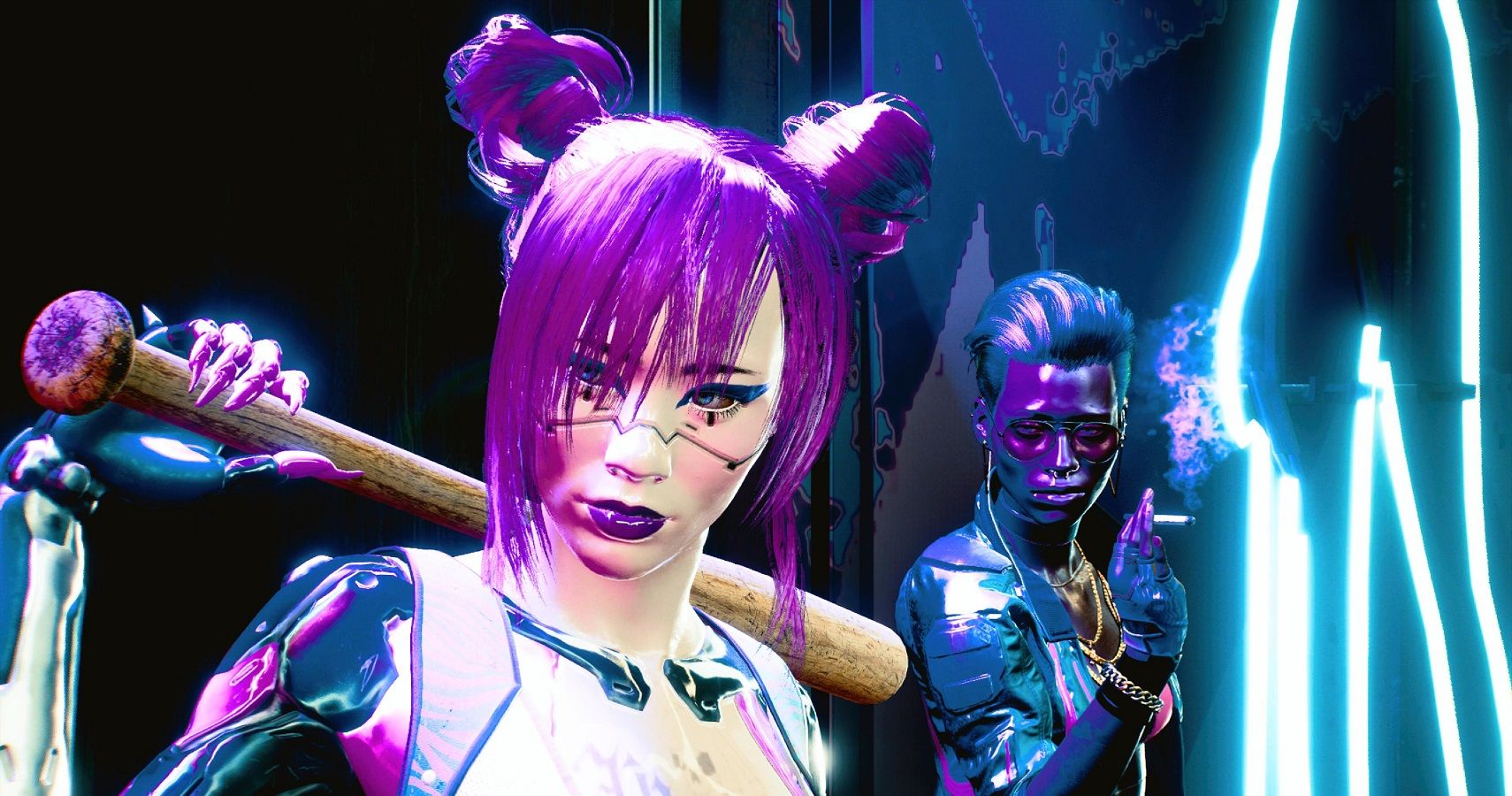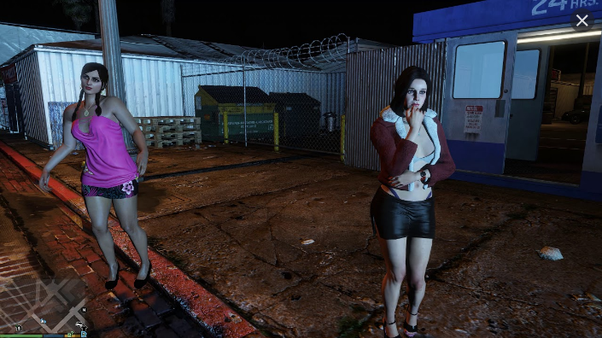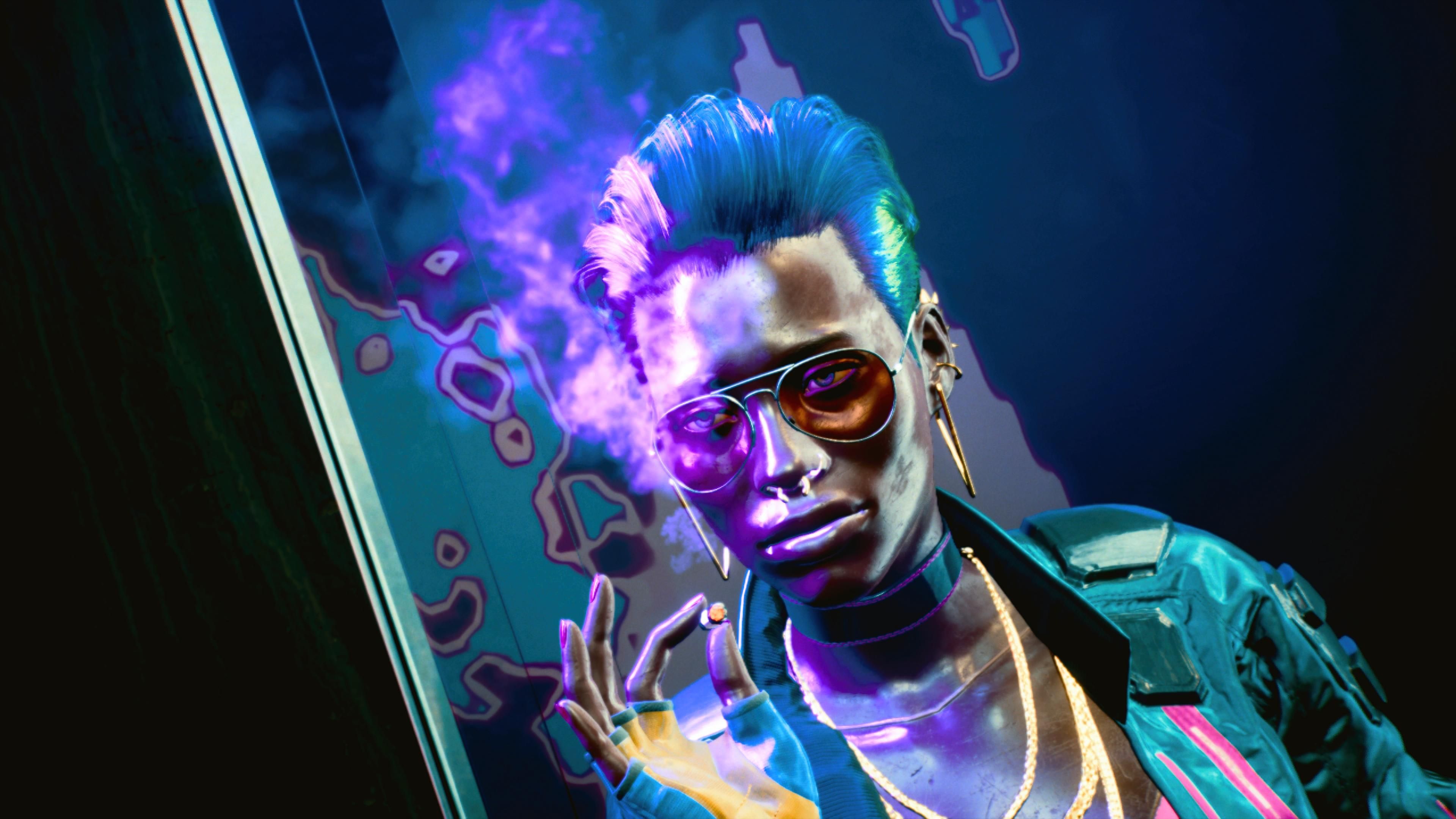Sex work is traditionally thought of as ‘the oldest profession in the world’, so it should be no surprise that for almost as long as we’ve had professions in video games, we’ve had sex workers. We don’t typically see life through the eyes of a sex worker. Instead they exist as creatures to be looked at, usually placed into violent or humiliating situations - often both. This is true of sex workers in most other types of media, and in something of a self-fulfilling prophesy, informs the violent and humiliating attitudes towards sex workers many people still hold. Sex work is one of the most fascinating and contrasting industries in the world right now, so it is worth examining how video games view it, and considering when video games might finally grow up.
Platforms like OnlyFans allow sex workers more freedom to work independently, both in terms of financial freedom and freedom from potential danger or discrimination, at least in person. They can work safely from their own homes, and more on their own terms. But even as it gains mainstream recognition, sex work is still looked down upon, is still a career that entails constant abuse and harassment, and for many people it remains tinged with the threat of violence. It’s also a last resort for some, and the gap between the safety, working conditions, and financial earnings at the top of the industry and the bottom is one of the biggest disparities in employment. Video games don’t turn a person violent, but like any piece of media, they can inform your attitudes on the world, especially when that media presents a certain corner of the world through a very one-sided lens. So let’s talk about sex (workers in video games), baby.
One of the earliest examples of a sex worker in a video game comes from an unexpected source - Zelda 2: The Adventure of Link, released in 1987. In the game, mysterious women in red will take Link inside their house, take him to bed, and he will emerge refreshed. I know it’s easy to say ‘well maybe he was just sleeping’ or ‘I never read it that way’ - yeah, maybe he was. It’s a Nintendo game, the Japanese developer doesn't exactly spell it out. But the iconography of a lady in red is very specific, and the fact it’s always these women (rather than a less glamorous woman or a man) opens it up to the interpretation that The Adventure of Link uses sex workers as a healing mechanic. Whether it actually does or not is kind of beside the point here; the bigger issue is that sex work in games (and wider media) was often treated with a wink-wink-nudge-nudge attitude, too shameful or embarrassing to be spoken of publicly. When it came into the limelight in the early ‘00s, this attitude had grown much harsher.
When we think of sex workers in games, we don’t typically think of Zelda, right? We think GTA. Prostitutes are so deeply embedded into the core ideas of Grand Theft Auto as a series and it’s probably the first game anybody reading this thought of. Sleeping with (and murdering) prostitutes is a bigger part of Grand Theft Auto than actual grand theft auto is. I understand that GTA is a satire, and that everything is hyper-violent, but what exactly are these sex workers a parody of? GTA has deeper themes than it’s often given credit for, but that doesn’t translate to the sex workers. They’re given derogatory names and skimpy outfits, along with voices and personalities that are somehow both way over-the-top and completely one-note. They exist to be laughed at, to have sex with, to be murdered, to be robbed, and then to be laughed at some more. Even if it was satire, it’s obviously punching down. But with GTA’s sex workers becoming the archetype for sex workers in video games, it can’t even justifiably label its attitudes as satire. What GTA thinks of sex workers is what gaming as a whole thinks of sex workers, and it’s a bad look. Rockstar, the developer of GTA, does seem to have shown some growth and maturity in regards to its attitudes to sex workers, with a less violent and more nuanced depiction in Red Dead Redemption 2, but that's not enough.
The life of a sex worker can be a violent one, but there’s no attempt to explore this violence in GTA. In fact, you inflict it. Many games that feature sex workers have followed suit and also allow you to inflict violence, such as Red Dead Redemption or Saint’s Row. Even in games where you must stop this harm, there is still the tacit implication that mortal violence is an everyday part of the life of a sex worker. The Wolf Among Us, for example, deals in protecting a sex worker from harm, and does attempt to plunge beneath the surface in showing the effects of this violence, but there’s still an indelible line between being a sex worker and facing constant threat of harm. BioShock features a single sex worker, and she exists as a corpse with an audio diary collectible. She’s set dressing, just like most other sex workers in games, and the only reason you can’t inflict violence upon her is because somebody else got there first.
This repeating pattern of the depiction of sex workers in video games is not just limited to violence, however. Sex workers in video games are also often shown to be low-educated, loud mouthed, trashy, poor, live in the worst areas in town, and are women. On the rare occasion that they are men, this is given laser focus as something deeply unusual, and they will either be gay caricatures or a strange mixture of drag queens and transgender women that nobody working on the game felt was important enough to define. Sex workers in games exist as decorations. You can interact with them in much the same way you might be able to pick up a traffic cone - they are objects for you to have fun with. When this is the only way you see sex workers in fiction, it becomes harder to see them as any different in reality. It firmly ingrains into impressionable minds that sex workers deserve violence, offer nothing of value, and are there to be used. It doesn’t help that many sex workers in games will either offer your character services at a discount - or for free - and if they don’t, you can likely kill them and steal it back.
There is an argument to be made that this is getting better, but there is still a long way to go. Cyberpunk 2077’s Moxes are sex workers, and they cannot simply be used and killed - they’re positioned on the front foot, are some of the most visually distinct characters in the game, and have clear agency. The Joytoys are less developed, but are never subjected to violence - although the Dolls at Cloud still are. The Moxes also have the backstory of forming to protect each other from violent clients, which not only retains the idea that sex workers and violence are inseparable things, it ignores the fact that discrimination from the police is typically a bigger threat to their livelihood than clients.
Meanwhile, Final Fantasy 7 Remake took a different attitude to The Honeybee Inn than the original, making homosexuality less the butt of the joke, and bringing the players in so that everyone was laughing with each other, not at anybody. The humour comes from Cloud’s discomfort at dancing, and how unsuited his stoic personality is to being on stage in any capacity. The men and women at the club are not the jokes, Cloud is. We also see the teacher from Aerith’s village at the club, and while she asks Cloud to keep her secret - retaining the idea that sex work is something shameful - she is a much more developed character.
While there are better depictions in the bunch these days, GTA remains the go-to example, and regardless of how tongue-in-cheek GTA might be as an entity, that should be a concern. Sex workers are even forcing a new intersection between themselves and video games, using the likes of Animal Crossing or Second Life to interact with clients all around the world, and move gaming out of the headspace that sex work means trashy, poor, often stupid women standing on a street corner to offer a few minutes of pleasure while under constant threat of violence. I think a major game where you play as a sex worker is probably still a decade or more away, but considering how big of a feature sex workers are in the aesthetic design of so many games these days, games need to start treating them with more respect.



